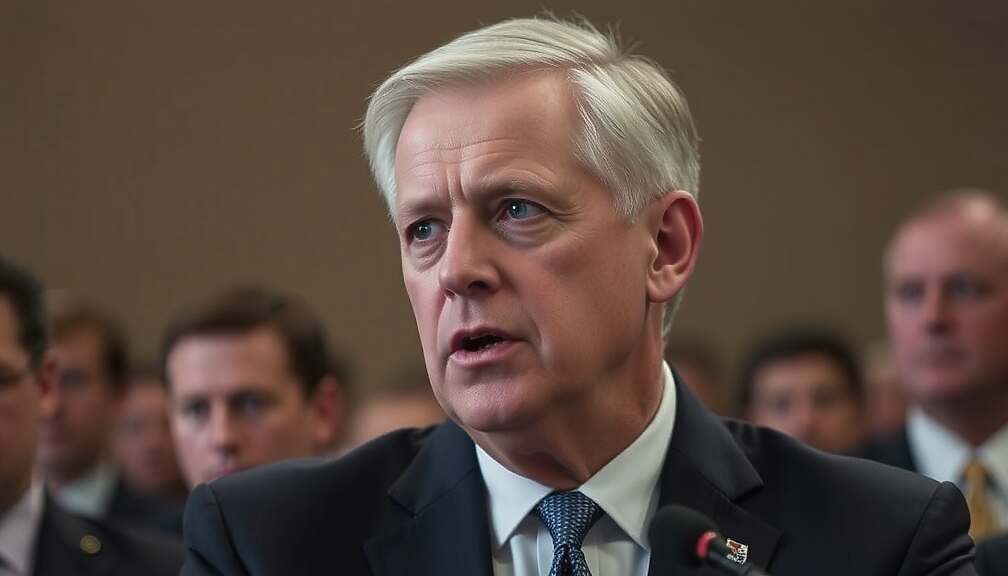A leading economist is calling for a comprehensive overhaul of Germany’s social welfare system, highlighting inefficiencies and disincentives to work. Andreas Peichl, Director of the Ifo Center for Macroeconomics and Surveys and Professor of Economics at Ludwig Maximilian University of Munich, argues that the current interplay of citizen’s allowances, social insurance programs and income tax structures is poorly coordinated.
Peichl, who has previously conducted assessments on the social state for the Federal Ministry of Labor, told the “Süddeutsche Zeitung” that the current system creates illogical scenarios where individuals may find themselves financially worse off, or experiencing minimal change, despite increased work and earnings due to deductions across various programs. He states that, in many cases, the existing framework fails to incentivize higher productivity.
Drawing on extensive modeling of over 60 potential reforms and their projected effects, Peichl cautions that Chancellor Friedrich Merz’s stated goal of significantly reducing citizen’s allowance spending from the federal budget – exceeding 50 billion euros – could prove challenging. While suggesting potential for reform that could make the citizen’s allowance self-funding on a national level, Peichl warned against isolating the issue within the federal budget. He anticipates that initial reforms may require increased investment in transfer programs, but that increased employment could, in turn, generate higher revenues for social insurance systems.
Merz announced last week that a reform of the citizen’s allowance is planned for implementation later this year. The proposed changes are expected to be closely scrutinized given the complexities identified by economists and the potential impact on both the state’s finances and workforce incentives.












